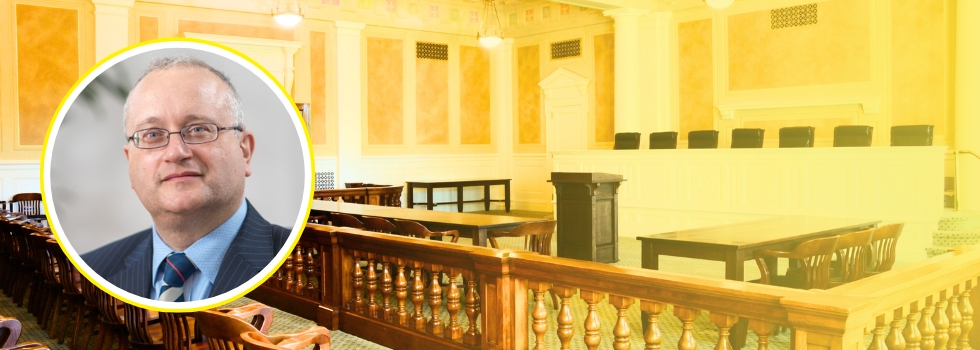
Dishonest Tactics
Published on 21/10/2025

I attended APIL’s Clinical Negligence Conference in Brighton this month, where several eminent lawyers and medical experts spoke and there were discussion panels covering subjects such as “Challenges in clinical negligence”, “Decision making in an A&E Dept”, “Paediatric trauma” and “Spinal injuries”, all of interest to non-medics in the audience.
However, the topic that really caught my eye was “Dealing with emerging Defendant tactics in clinical negligence” which dealt specifically with how “shotgun effect” allegations of fundamental dishonesty, now relatively common in personal injury claims, are starting to drift into clinical negligence. This presentation was eloquently made by speakers from Leigh Day and Serjeants' Inn Chambers.
As ARAG’s ATE In-house Counsel dealing specifically with funded PI and clinical negligence panel firms, I am starting to see the issue more and more.
Nobody is saying a fraudulent claimant does not deserve to be sanctioned but, unmeritorious and unsupported allegations of fraud are unacceptable and dishonest too.
Section 57 of the Criminal Justice and Courts Act 2015 sets out “Fundamental Dishonesty” and sanctions. The key ‘fundamental dishonesty’ tactics appearing in clinical negligence claims seem to be: Surveillance (very traditional); Analysis of social media (very popular with defendants); Applications for funding (benefits, disability payments, insurance); and Public tip-offs using a dedicated NHS fraud hotline.
The speakers used the case of Cullen v Henniker-Major [2024] EWHC 2809 (KB), which they had recently completed, to highlight the defendants’ tactics.
Liability was admitted, so the dispute only related to causation and quantum. ENT (Ear Nose & Throat) and SALT (Speech and Language Therapy) experts gave evidence on condition and prognosis. The defendant raised issues with the medical notes, alleging they did not support the claim for 24-hour care, made allegations of fundamental dishonesty and referred to surveillance evidence to support them.
At trial, the claimant was subjected to a very difficult, extended cross examination which continued despite all the allegations being clearly shown to have no merit.
The judge found the medical records and statements from the staff who made them supported the claim and that the surveillance evidence was incomplete and did not support any allegations of fraud.
The judge was critical of the defendant’s behaviour in pursuing the allegations without sufficient merit and awarded indemnity costs against the defendant.
However, it is clear that a claimant is not on an equal playing field where fraud allegations are made. They face the threat of public exposure; losing their damages; indemnity costs being awarded against them; having to return any interim payments that have been made and losing subsequent payments; committal proceedings for contempt of court; as well as their legal team suffering financial exposure.
But if a defendant is found to have made unmeritorious fraud allegations, they only face the possibility that indemnity costs could awarded against them.
Does that seem fair?
As the speakers set out, perhaps further sanctions should be applied, such as the automatic right to indemnity costs, an uplift in damages, consequences for the defendant if they are found to have been fundamentally dishonest and potential sanction for breach of their professional duties.
I would suggest that a defendant and their insurer should also face public naming and shaming for pursuing unmeritorious allegations of fraud against an innocent claimant.
The speakers suggested a number of lessons to be learnt from their experience. First, social media awareness is very important, as is an in-depth Google search. It’s also vital to ensure the surveillance team provide a detailed witness statement so the limits of ALL surveillance are known and to draft a detailed response from the claimant and relevant others that highlights weaknesses in the record.
Finally, it’s important not to be afraid when such allegations are made.
These are all sensible points and issues that clinical negligence lawyers and claimants must get to grips with as soon as possible, in this day and age.
Disclaimer - all information in this article was correct at time of publishing.
Related articles


